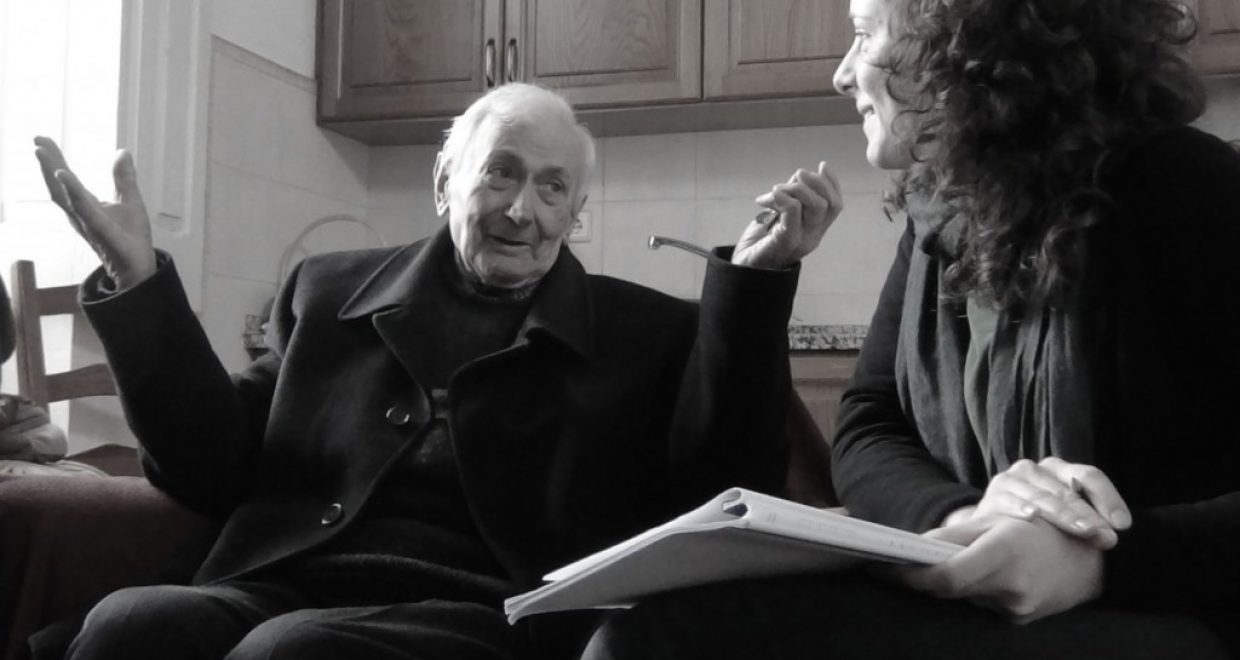Successful aging at 100 years
The February International Psychogeriatrics Article of the Month is entitled “Successful aging at 100 years: the relevance of subjectivity and psychological resources” by Lia Araújo, Oscar Ribeiro, Laetitia Teixeira and Constança Paúl. This blog piece was written for us by one of the paper’s authors, Lia Araújo.
Successful aging is a desire that we all aspire for ourselves and for our loved ones. According to Rowe and Kahn’s definition, operationalized through the MacArthur study, individuals who met the three criteria of (i) avoiding disease and disability, (ii) high cognitive and physical functioning and (iii) engagement with life were identified as “successful agers”(1).
Another wish common to many of us is to live longer, why not up to 100!? Indeed, this can be a dream come true for an increasing number of individuals, since the oldest generations are becoming more representative and centenarians are likely to become more common(2).
Both wishes conjointly, a longer and successful aging, motivated the development of the PT100 – Oporto Centenarian Study(3). This population-based study was conducted in the north region of Portugal and included 140 centenarians who were interviewed face-to-face. We began to question ourselves what it means to be “successful” at such an advanced age and quickly got to ask the same question to our study participants. What we found was that sometimes the most relevant outcomes are from the perspective of the subjects themselves; and that together with the concern for problems and needs, we must capitalize on the real strengths of older people.
The criterion of little or no age-related decrements in physiologic function for those aging successfully does not apply to centenarians. However, when considering alternative criteria, based in centenarian´s self-perceptions of health, functional and cognitive capacity, a higher proportion of centenarians might be considered as successful. The paper also presents the influence of the available resources, such as individual strategies and external support, in improving subjective appraisals of successful aging, which confirms that certain internal resources (e.g., self-efficacy and purpose) are not overwhelmed by physical deterioration and may even gain power when corresponding and meaningful perceptions of oneself and one´s life are maintained in late life.
Successful aging at very advanced ages may not mean to stay healthy for even longer but rather to adapt. With that in our minds, as individuals, families, researchers, professionals or policy-makers, longer lives can and will be associated with improved quality of life in all ages and our wishes can become reality for our and next generations.
References
1. Rowe, J.W., & Kahn, R.L. (1997). Successful aging. Gerontologist, 37, 433-440.
2. Serra, V., Watson, J., Sinclair, D., & Kneale, D. (2011). Living Beyond 100: a report on centenarians. London: International Longevity Centre – UK.
3. www.pt100.pt
Images: Participants from the PT100 – Oporto Centenarian Study being interviewed








